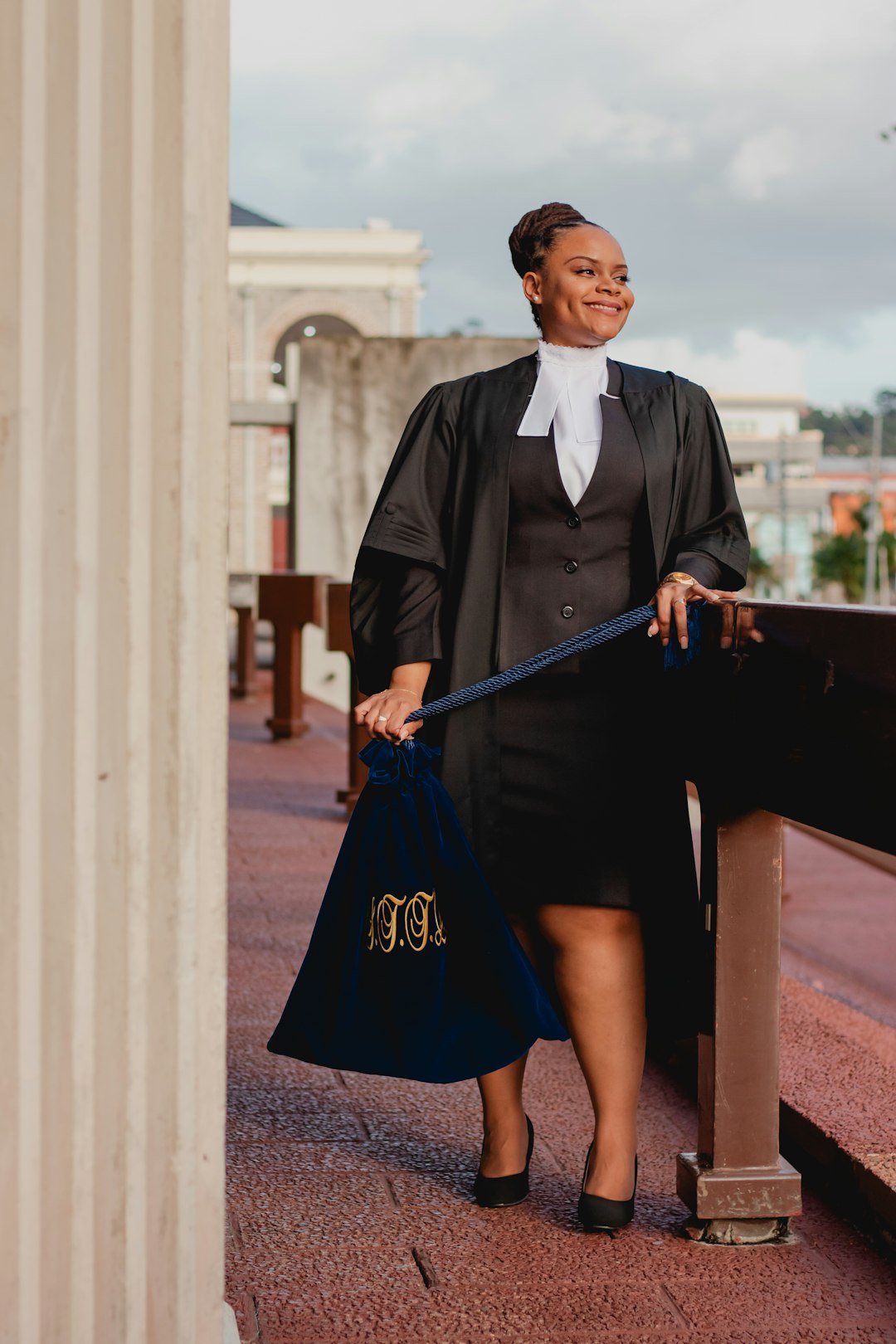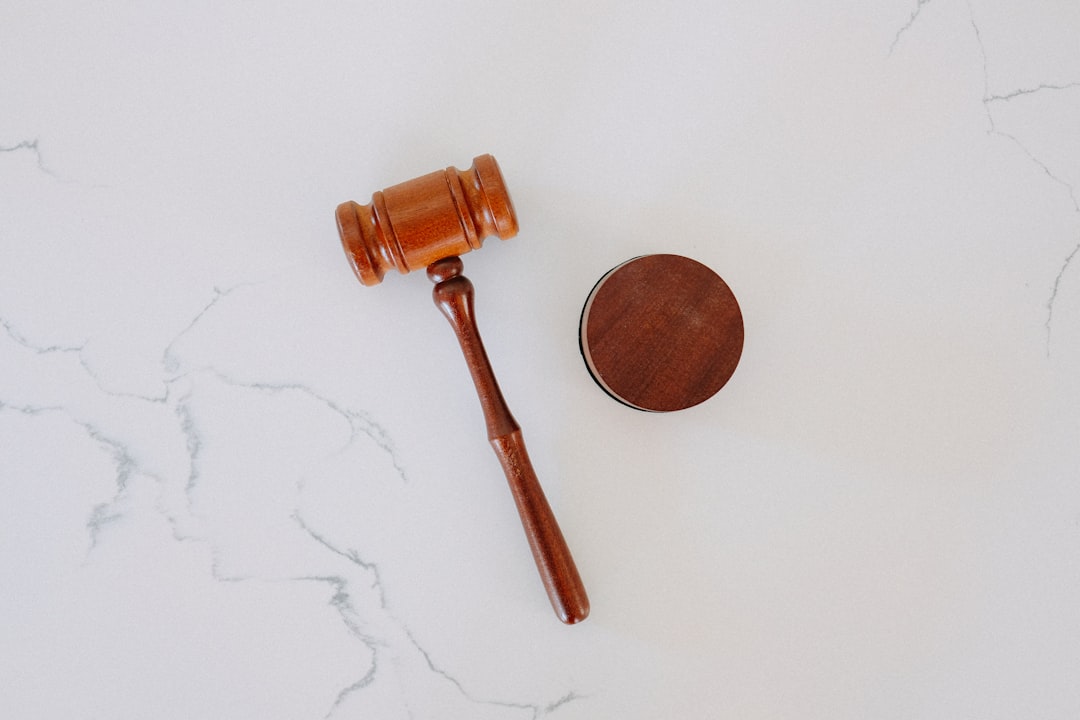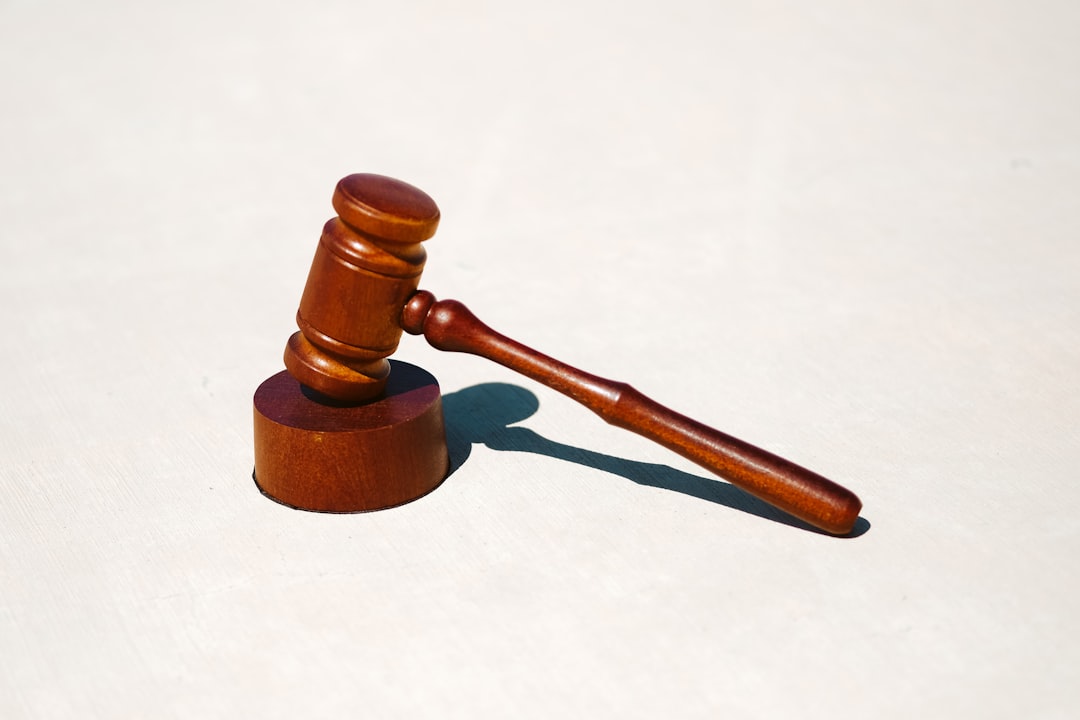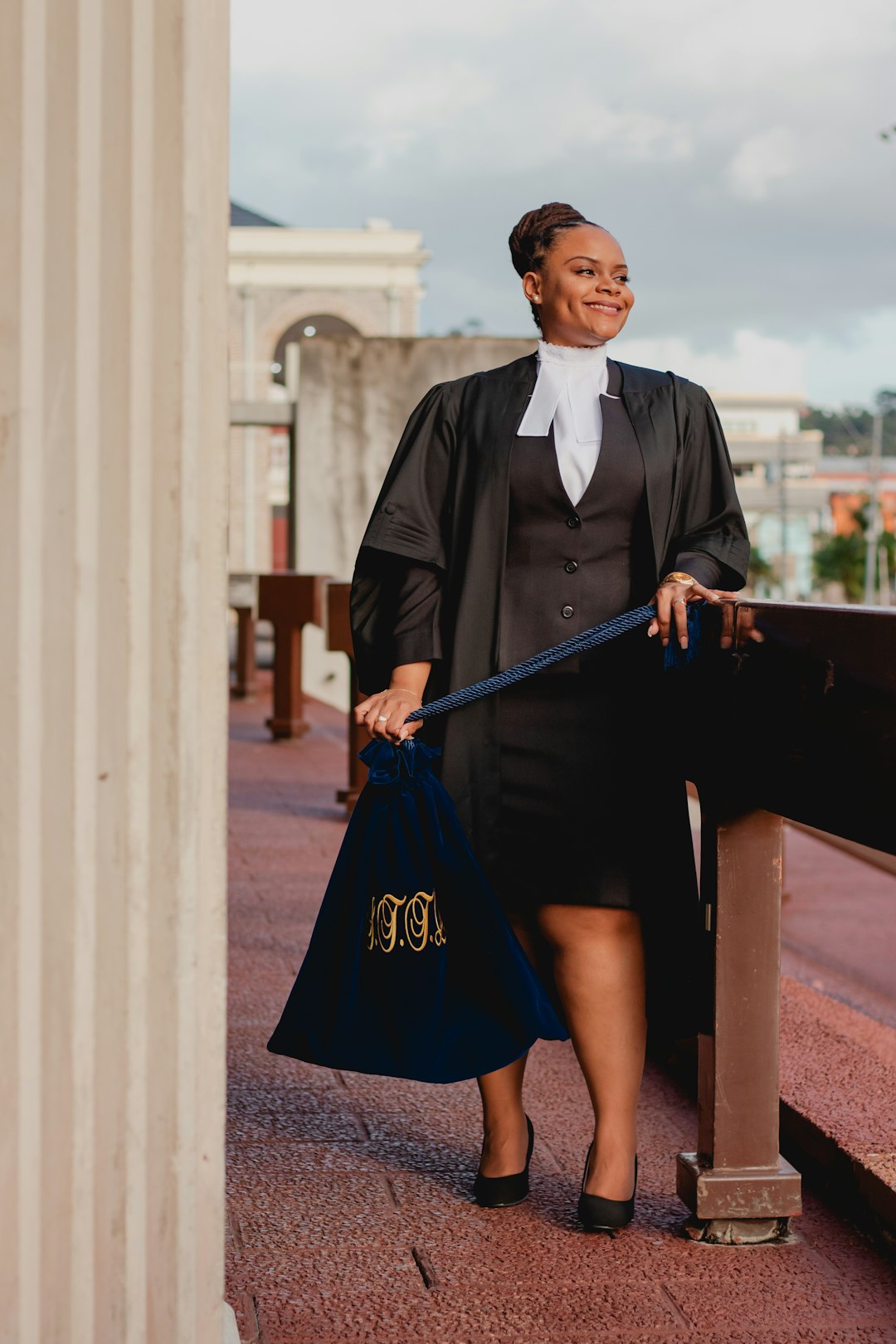Experiencing campus sexual assault in Charleston, SC? Understand your rights and seek help from a specialized sexual assault law firm to navigate reporting, medical care, legal action, and privacy protection. South Carolina laws mandate educational institutions have policies addressing sexual misconduct, with local police departments offering 24/7 response services and enhanced safety measures. A sexual assault law firm guides survivors through civil litigation against perpetrators and institutions, aiming for justice and awareness to prevent future incidents.
In Charleston, South Carolina, victims of campus sexual assault face complex challenges. Understanding your legal rights is a crucial first step toward justice. This comprehensive guide navigates the aftermath of such traumatic events, focusing on your rights and resources in SC. From reporting to campus authorities to pursuing civil litigation, we outline key steps to help you heal and seek compensation. Contacting a sexual assault law firm in South Carolina can provide vital support during this difficult time.
Understanding Your Legal Rights After Assault
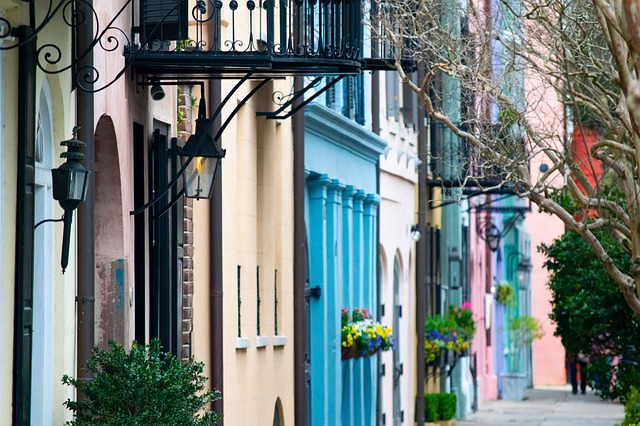
After experiencing campus sexual assault in Charleston, South Carolina, it’s crucial to understand your legal rights. A sexual assault law firm in South Carolina can guide survivors through their options and ensure they receive the justice and support they deserve. These rights include the ability to report the assault to local law enforcement, seek medical attention, and take legal action against the perpetrator.
A skilled attorney specializing in sexual assault cases can help protect your privacy, explain the legal process, and advocate for your best interests. This is especially important considering South Carolina’s specific laws regarding consent and punishment for sexual offenses. Having a knowledgeable sexual assault law firm by your side can make all the difference in navigating this challenging time.
Reporting to Campus Authorities in SC

If you or someone you know has experienced campus sexual assault in Charleston, South Carolina, it’s crucial to understand your rights and the steps to take. Reporting the incident to campus authorities is a critical first step. In South Carolina, educational institutions are required by law to have policies in place to address and respond to allegations of sexual misconduct, including sexual assault. Students should be aware of these policies and feel empowered to report such incidents without fear of retaliation.
A sexual assault legal firm in South Carolina can guide victims through the reporting process, ensuring their rights are protected. The campus administration is responsible for conducting a prompt and impartial investigation, offering support services, and taking appropriate disciplinary actions against perpetrators. Reporting to campus authorities not only seeks justice but also contributes to creating a safer environment for all students.
The Role of Law Enforcement in Charleston

In Charleston, South Carolina, the role of law enforcement in addressing campus sexual assault is pivotal. Local police departments are tasked with investigating reports of sexual violence, working closely with educational institutions to ensure a swift and thorough process. A sexual assault law firm in South Carolina often collaborates with authorities, providing expertise that supports survivors through the legal system. This collaboration ensures that victims receive justice while maintaining their privacy and safety.
Charleston’s law enforcement agencies have implemented protocols designed to protect survivors and hold perpetrators accountable. They offer 24/7 response services, ensuring that victims can find immediate support. Additionally, they work with campus security to enhance overall safety measures, including improved lighting, access to emergency services, and educational programs aimed at prevention. This comprehensive approach leverages the expertise of a sexual assault law firm in South Carolina to create a safer environment for students.
Medical Attention and Evidence Collection

After a campus sexual assault in Charleston, South Carolina, seeking immediate medical attention is crucial. Not only does it ensure the survivor’s safety and health, but it also plays a vital role in evidence collection. A sexual assault law firm in South Carolina advises that survivors should go to the nearest emergency room where healthcare professionals can provide necessary treatments, document injuries, and collect evidence using proper procedures. This includes gathering physical evidence like hair, fibers, or bodily fluids, which can be used in legal proceedings against the perpetrator under the guidance of experienced sexual assault lawyers.
During the medical examination, survivors should request a thorough check-up, including STD testing and mental health assessments. A sexual assault law firm in South Carolina recommends documenting every interaction with healthcare providers, keeping records of all treatments, and obtaining copies of any reports or test results. This comprehensive approach to medical attention not only supports physical healing but also strengthens legal cases against campus sexual assaulters, ensuring justice for the survivor.
Civil Litigation: Seeking Justice & Compensation

If you or someone you know has experienced campus sexual assault in Charleston, South Carolina, it’s crucial to understand your rights and available options for justice and compensation. One significant avenue is civil litigation, where survivors can seek legal redress against the perpetrators and institutions responsible. A sexual assault law firm in South Carolina can guide you through this process, helping you navigate complex legal procedures tailored to state laws.
Civil lawsuits aim to hold accountable those who have committed assault while also providing financial compensation for damages sustained by the survivor. This may include medical expenses, therapy costs, loss of educational opportunities, and pain and suffering. It’s a powerful way to not only receive justice but also raise awareness about campus sexual violence, potentially deterring future incidents.
